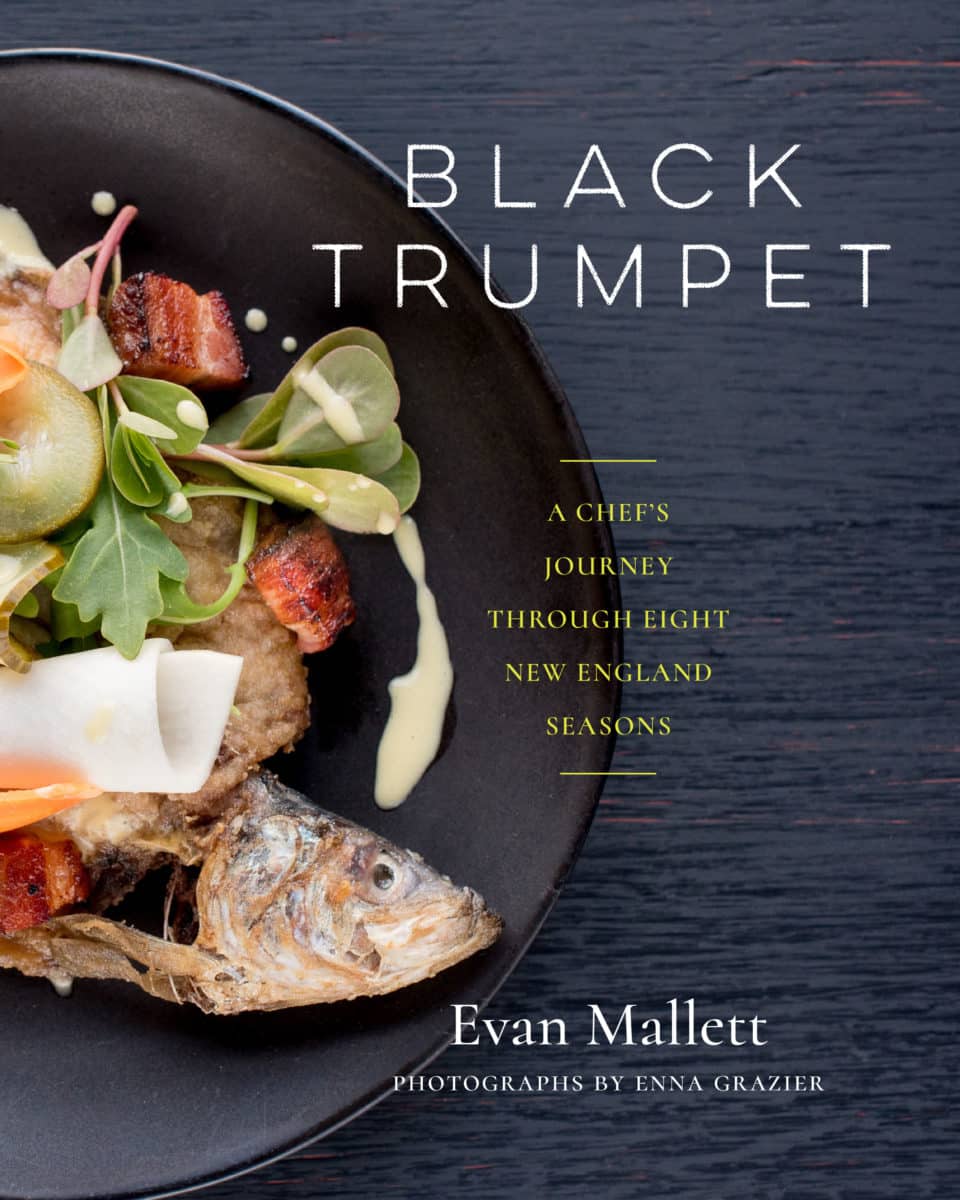New England: The First American Melting Pot
Foods in New England have a background as diverse as the people who reside there.
Imagine the first European settlers who had stepped off the boat onto the North American continent, rank and wan, afflicted with scurvy and pox, bereft of local knowledge. That tribe — at no small expense to the indigenous population — paved the way for other immigrant tribes to follow. This, along with the scrappy rebellion of revolutionaries and a radical idea to establish a Constitution, is how the new nation was built. My tribe (in as much as I can claim one) contributed little to the melting pot. I have been told that my forbears helped settle the town of Hingham, in the South Shore area of Greater Boston. Hingham once lay near the territorial border between the Wampanoag and the Massachusett tribes. Not so much these days.
Somewhere between the smoking of the peace pipe and the flying of the first ballistics, a lot of agricultural knowledge changed hands. The natives taught the colonists how to work with maize, the predecessor of sweet corn. Dried corncobs were used as toilet paper, and the art of nixtamalization made corn meal readily available all seasons of the year. Local fish, deer, squashes and beans were all foods that, paired with native know-how, became dietary staples of the first immigrants.
If Boston deserves its moniker “The Hub,” and if America still represents the land of opportunity, then we might safely assert that New England was built to accommodate the ideas and customs of outsiders. The first colonists learned a great deal from the natives about survival in what was often a hostile environment. The title of my book, Black Trumpet: A Chef’s Journey through Eight New England Seasons, references the characteristic of New England food that I continue to come back to year after year: so many distinct seasons. And the seasons when growing has traditionally been difficult – if not impossible – are important to this regional identity, because they mandate that New Englanders be creative with preservation and fermentation. The panoply of pickles, preserves, conserves, krauts and salted fish and meats in our history bear the clear watermark of our ancestors’ tenacity in the face of hardship.
As a chef who embraces every aspect of this melting pot, I can argue with some confidence that modern New England cuisine is a beautiful hodgepodge that transcends chowder, lobster rolls and bean suppers. My culinary friends and neighbors represent countless regions of the world, and the excitement their collective diaspora has infused in our diet has only made our lives healthier and more interesting.
At the two restaurants I co-own with my wife, Denise, we celebrate cultural and biological diversity while simultaneously embracing regional ingredients and dishes. The argument for biodiversity asserts that our global and regional food supplies are infinitely stronger when we have many varieties of each ingredient to choose from. I would make the same argument for cultural diversity. E pluribus unum, in other words.
When I began writing about food in the early 1990s, my first restaurant review was of Casablanca in Cambridge, Massachusetts. Owner Sari Abul-Jubein had recently hired now-legendary chef Ana Sortun to head up the kitchen, and the Mediterranean fare with a nod toward the cuisine of the Middle East presaged Sortun’s later culinary prowess at her own place, Oleana, on the other side of town. As a regular at Casablanca, I felt comfortable talking about Sortun’s menu, even if I knew much less then than I do today about the ingredients and recipes she worked with. I gave Casablanca a glowing review and still harbor fond memories of dining there.
For my part, after extensive traveling and cooking in a Spanish tapas bar, a Cajun restaurant in central Mexico, and a country French bistro, I have enjoyed every infusion of flavor the cuisines of the world have presented. Many times I have found myself obsessing about a dish I had not previously heard of. This happens so often, you might expect me to be less agog at each new discovery, but the converse is true because I am a chef and am prone to thinking I know everything about food. The truth is, there is a boundless world of food out there and I will always be learning.
Take for example Coco de Trampo. This is a vegan pizza from the Balearic Islands off Spain. I have never eaten it or been to that part of Spain, but at a recent wine dinner, I made a dish that contained piperade, a concoction of peppers, onions, tomatoes and garlic from the Basque region of Spain. One of my guests, an Australian gentleman currently living in Mallorca, insisted that the piperade was a dead ringer for the “sauce” on his favorite rendition of Coco de Trampo. Naturally, I now feel compelled to travel to Mallorca, but barring that, I can at least enjoy its regional specialty by trying to perfect the recipe in my restaurants or at home.
Some of my favorite recipes come from Latin America, North Africa and the Levant. But I hold deep appreciation for the cuisines of southeast Asia, Brazil and Eastern Europe as well. Black Trumpet has featured such dishes as Chelo Rice from Georgia and Azerbaijan; Market Kefta, inspired by North African street food; Quail Adobado with a Caribbean inflection; and everyone’s perennial favorite, Spanish paella; to name just a few.
The recipes below rely primarily on New England ingredients, yet they cover a wide swath of the globe. I coined the term Mexiterranean to describe the flavors in the meatball dish, and I have served my take on shakshuka for Israeli immigrants who swooned over the nostalgic flavors. Beef and Beet Borscht is my take on a classic, soul-warming eastern European soup that I first encountered in Greenwich Village as a young man in the wee hours of the morning.
New Englanders have it pretty good. Our seasonal changes are dramatic, keeping us on our toes to the tune of Nature’s great variations. The key is to let ourselves revel in these changes, even as technology wants us to alter them for our convenience. Cooking is one of our greatest vehicles for adaptation, expression and communication. At the dinner table, all people — and all ideas — are welcome. ![]()
These recipes are adapted from Evan Mallett’s “Black Trumpet: A Chef’s Journey Through Eight New England Seasons” (Chelsea Green Publishing, 2016) and are reprinted with permission from the publisher.


